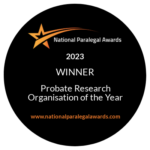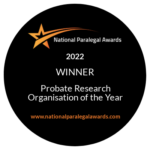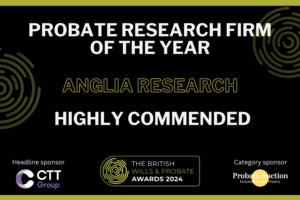When a small act of kindness makes a world of difference
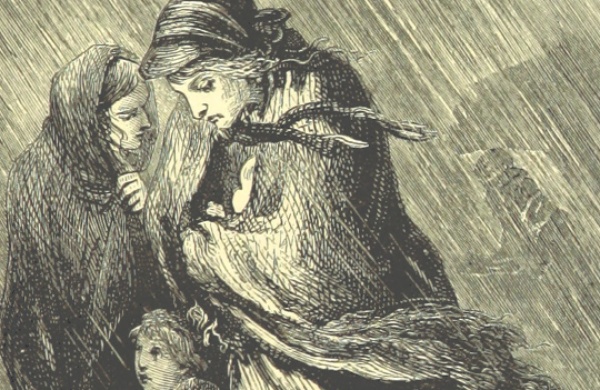
The second episode of The Secret History of My Family (available on BBC iPlayer here) presents the story of the Manley and Hunt families, a story in which a small act of kindness saves two young people from the workhouse. In this article, Anglia Research’s Eileen Butcher, who was employed as a genealogist for the programme, describes her response to the finished documentary.
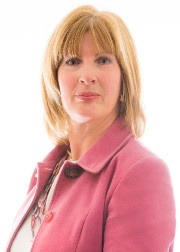
I was thoroughly gripped by the BBC documentary about the Manley and Hunt families. Although I worked as a genealogist for the programme, tracing one stem of the Manley family, I had no idea what connected them to the Hunts, so the story came as a complete surprise.
The starting point was two women in very different circumstances. Florence Hunt was a wealthy widow with 11 children. Volunteering for the Charity Organisation Society in the 1880s, she ventured into some of the most destitute parts of London, visiting poverty-stricken families.
That’s how she came to meet and interview Lavinia Manley. When Lavinia’s abusive husband left her with six children and no support, the family faced the workhouse. And, because Lavinia was now single, the Charity Organisation Society would do nothing to help her.
In their view, giving handouts to single mothers encouraged immoral behaviour.
Fortunately, Florence disagreed with the charity’s decision and intervened to help the two oldest children, Edith and John, find work. Edith was only 16 when her mother and four youngest siblings went into the workhouse.
Of course, I didn’t know any of this background when the programme makers asked me to trace Edith’s living descendants and I was intrigued to see the final programme, where we meet both Lavinia and Florence’s great grandchildren, and discover what their family history means to them and how it has shaped them.
The part where the women in both the Hunt and Manley families read out the court document about domestic abuse was especially moving.
A nerve-racking process
It’s interesting to see what a risk this series was for the programme makers. In the Radio Times, director John Bullman describes it as “a nerve-racking process… we had no idea what direction they’d lead us in, or what had happened to their descendants. But we knew it would be interesting – every family has a story somewhere.”
I understand what he means. Like all things genealogical, the documentary was a shot in the dark. Whether you’re a probate researcher or a family historian – whether you’re tracing a family backwards or forwards through the generations – you never know what you are going to uncover. But what you almost always find – and what we got in this case – is a fascinating story, rich in social history.
It was a brave programme and absorbing viewing.
2025 Anglia Research Services All Rights Reserved.
Anglia Research and Anglia Research Services are trading names of Anglia Research Services Limited, a company registered in England and Wales: no. 05405509
Marketing by Unity Online

